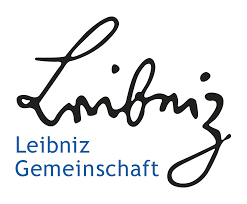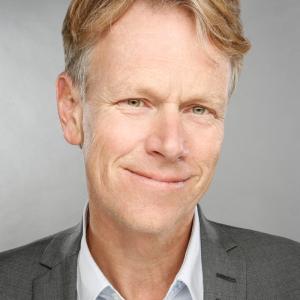Abgeschlossenes Verbundprojekt
Leibniz-Wettbewerbsverfahren, 2020-2023, research network of: ZMO Berlin, IEG Mainz, ZZF Potsdam, IFO Amman, Manouba University
The HISDEMAB Research Team
Project leader at ZZF: Prof. Dr. Frank Bösch
Completed part project Frauen in Bewegung. Migrantische Aushandlungsprozesse zwischen West-Berlin und der Türkei (1961-1990)
Completed PhD project: Elisabeth Kimmerle
(Elisabeth Kimmerle received her doctorate from the University of Potsdam on December 18, 2024 with the top grade “summa cum laude”.)
The HISDEMAB international and collaborative project seeks to establish an innovative research network that connects three institutes of the Leibniz Association (Leibniz-Zentrum Moderner Orient in Berlin –ZMO-, Leibniz-Institut für Europäische Geschichte in Mainz –IEG– and Leibniz-Zentrum für Zeithistorische Forschung in Potsdam –ZZF-) with two research institutions in the Arab world (Institut français du Proche-Orient –IFPO– in Amman, Jordan and Manouba University in Tunis, Tunisia), while also including guest researchers from the wider Arab and Muslim worlds. The project explores democracy and debates about democracy in the region from a historical perspective. While this topic is highly relevant for contemporary debates, it is often subject to culturalist interpretations that insist on the ontological incompatibility of democracy with political life in the region. The aim of HISDEMAB is to promote global reflections on democracy that go beyond cultural boundaries and discuss entanglements and circulations in a critical way. This network starts with the sources (archival records, chronicles, treaties, memoirs) and investigates diverse forms of deliberation, decision-making, and the mechanisms of representation in local societies, confronting this sphere with the question of democracy and its regimes of historicity. With historical case studies in Tunisia, Jordan, and other countries, from Syria to Algeria, the aim is first to investigate the medieval and Ottoman roots of deliberative processes within professional guilds, confessional communities (Muslim, Jewish, Greek, Armenian), and different institutions (assemblies, petitioning system). The network is also designed to critically relate these roots to the evolution of deliberation and representation in the modern era (late-Ottoman, colonial, and national periods) and to Eurocentric discourses that have developed since the 19th century.

